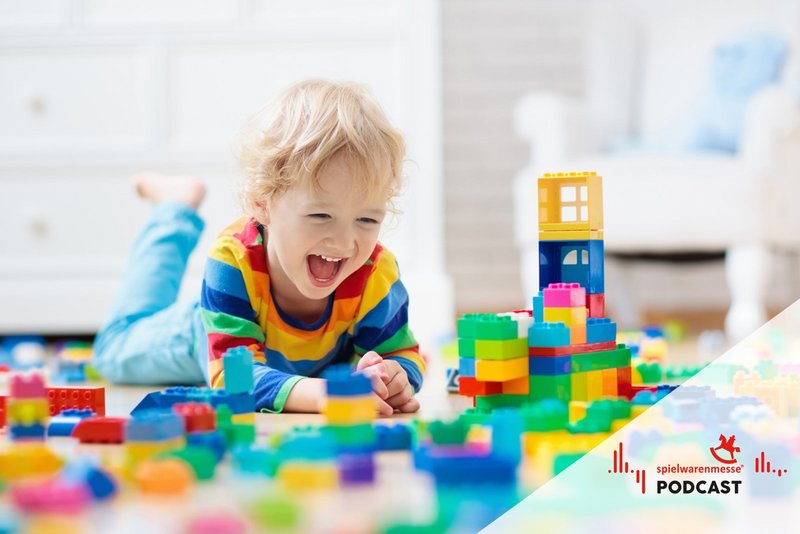
Accessible play
Inclusion project: developing games together
By Thomas Tijang
SPIEL 2024 in Essen was a trial by fire for a small exhibitor from the tranquil German town of Dettingen. The association called FritZel’s Spielerei unveiled its game Jahu Safari. The special thing about it is that, for a good year, the association brought five people with multiple disabilities together in a workshop to develop their own board game. For Nicole Zeller, the founder and head of the association, the response to Jahu Safari and the association’s début as an exhibitor at SPIEL were a complete success: “We were delighted with the response.” The game for the entire family is based on a good idea: up to eight players take on the role of a farm animal and then they set off on a journey to Africa to discover previously unknown things – such as stripey horses! On the way to the unknown continent, they have to complete tasks to organise a joint party on Madagascar. Time is pressing and everything has to be done before sunset. And the sand in little hourglass keeps trickling away
“Inclusion and participation”

Ms Zeller, who heads the association, has thought the issue of inclusion through to its logical conclusion. The association invites both young and old alike to its regular gaming sessions. “Experienced strategists are just as welcome as casual players or the curious,” declares Ms Zeller, who is a full time accountant. However, when she was looking through her association’s collection of over 1,000 games, she realised something: “There aren’t that many cool games for people living with disabilities.” So she came up with the idea of developing a board game with people who actually live with physical or learning disabilities. Four women and one man aged between 18 and 60 worked hard on her idea. The game developers were not at all used to being able to choose their own theme, as Ms Zeller recalls. So the game was given the title “Jahu Safari – Two Animal Worlds – Together We’re Strong”. Little bags, from which the components for the party are drawn, were made during the workshops. “That was the best workshop ever,” Zeller says enthusiastically. Others drew animals, which were then turned into game figures. The final creative touches were provided by board game artist Achim Potempa. “The people with disabilities were the creators; that was the most exciting thing for everyone involved.” The finished game had an initial print run of 1,000 copies and was launched in 2023.
A very special trade fair visit

But this was not the end of the project for FritZel’s Spielerei. As a first-time exhibitor, Ms Zeller would like to get feedback from the gaming community at SPIEL 2024. It is vital that the large community of analogue gamers are made aware of the needs and skills of people with disabilities: “We’ve managed to do this with Jahu Safari. Our game has also found its way into many toy libraries and homes.” The fully inclusive Jahu Safari is of particular interest to organisations that deal with people with disabilities. Ms Zeller is also breaking new ground with the association’s attendance at the trade fair. For the first time ever the fair had an inclusive exhibition stand with the disabled game developers, all thanks to donations. “As far as I know, that was a first at SPIEL.” The effort involved in travelling to and from the fair was huge. However, the entire team was very excited about being at the trade fair and received a lot of positive feedback.
To be continued in 2025…

“Projects like Jahu Safari epitomise the issues of inclusion and participation.” Which is why FritZel’s Spielerei is planning another game as a follow-up project for next year. The inclusive game makers are already highly enthusiastic and are eager to be involved in the next round of game development, too. For Ms Zeller, such projects should also send out a strong message and encourage other people to carry out similar projects. “Allowing people with disabilities to actually take part in the creative process of analogue games is a win-win situation for everyone.”
About the author
Thomas Tjiang is business and local journalist and communication consultant. Since the start of the 1990s, he has worked for all types of media, such as daily and monthly press, the radio, TV, news agencies and on-line editorial offices. The freelance expert for literature and communication science has lived in Nuremberg for 30 years.


![[Translate to Englisch:] [Translate to Englisch:]](/fileadmin/_processed_/9/1/csm_20241007_Teaser_Healthy_Heroes_V2_002de23fb4.jpg)

